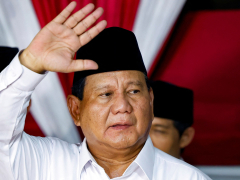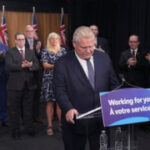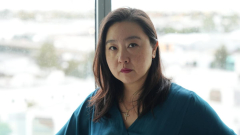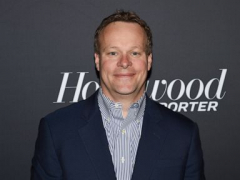When Prabowo Subianto was sworn in as Indonesia’s eighth president in October, an immediate question was what the appointment of the once-feared ex-special forces general would mean for regional security during his five-year term in office.
Analysts tell Al Jazeera that Prabowo’s approach to foreign policy will differ significantly from his predecessor – ex-President Joko Widodo, better known as “Jokowi” – whose term in office was focused more on attracting foreign investment to Indonesia and building export markets, than on defence spending and international affairs.
As competition mounts between China and the United States in the Asia Pacific region, just how far the 73-year-old President Prabowo will take Indonesia in a new foreign policy direction remains to be seen.
“Unlike Jokowi, who largely delegated foreign affairs and security matters, Prabowo, through his defence minister, will drive more opportunities with the Pentagon,” Natalie Sambhi, an Indonesia expert and executive director of Verve Research, told Al Jazeera.
“That said, we have early signs that Indonesia is looking to deepen its relationship with China, including resuming military exercises,” Sambhi said.
“We have five years to see whether the complexity and frequency of military exercises with the [Chinese] People’s Liberation Army evolves in ways that rival the intensity with the US military,” she said.
‘Mitigating the impact of US–China rivalry’
While it raised some eyebrows at the time, Prabowo’s early choice of state visits upon securing Indonesia’s presidency gave away little of his strategic thinking for Indonesia’s place in a region of rapidly evolving military competition.
He visited Australia in August and Russia in September as Indonesia’s president-elect.
That was followed by a visit to China in November when he was elected president. Shortly after, he travelled to Washington, DC, where he met with US President Joe Biden, capping the visit with a phone call to the US’s president-elect Donald Trump.
In late November, Prabowo visited the United Kingdom and met with British Prime Minister Keir Starmer and King Charles.
Zachary Abuza, a lecturer in Southeast Asian politics and security at the National War College in Washington, DC, said the decision to visit Russia and China ahead of the US “certainly raised some alarm bells about what he is going to do with the bilateral relationship”.

But the order of the countries that Prabowo chose to visit could have also been more an issue of logistics and timing than a symbolic indication of strategic intent as a visit to the US would have been complicated while the country was in the middle of a presidential election campaign in October and early November, Abuza said.
What is certain, according to Abuza, is that “Prabowo is going to be a different figure” when it comes to foreign policy and the new Indonesian president may also mean a strengthened Association of Southeast Asian Nations [ASEAN] amid the regional rivalry between Beijing and Washington.
Prabowo “understands that ASEAN is more effective with a stronger Indonesia at the helm”, Abuza said.
Sambhi of Verve Research said that analysts would likely be looking at how Indonesia under Prabowo might deepen and diversify its regional security partnerships away from the twin poles of Washington and Beijing.

Other security partners for Indonesia may include Australia, France, India, the Philippines, South Korea and Vietnam, Sambhi said.
“The more Indonesia does with other middle and emerging Indo-Pacific powers, the better for the region in mitigating the impact of US-China rivalry,” she said.
Special forces commander to Indonesian president
Prabowo comes to Indonesia’s top job with a diverse portfolio and a chequered reputation in some of the Western countries that may now be eager to build a new security relationship as a counterbalance to China.
Born in Jakarta in 1951, Prabowo began his military career in 1970, when he enrolled in the Indonesian Mili





